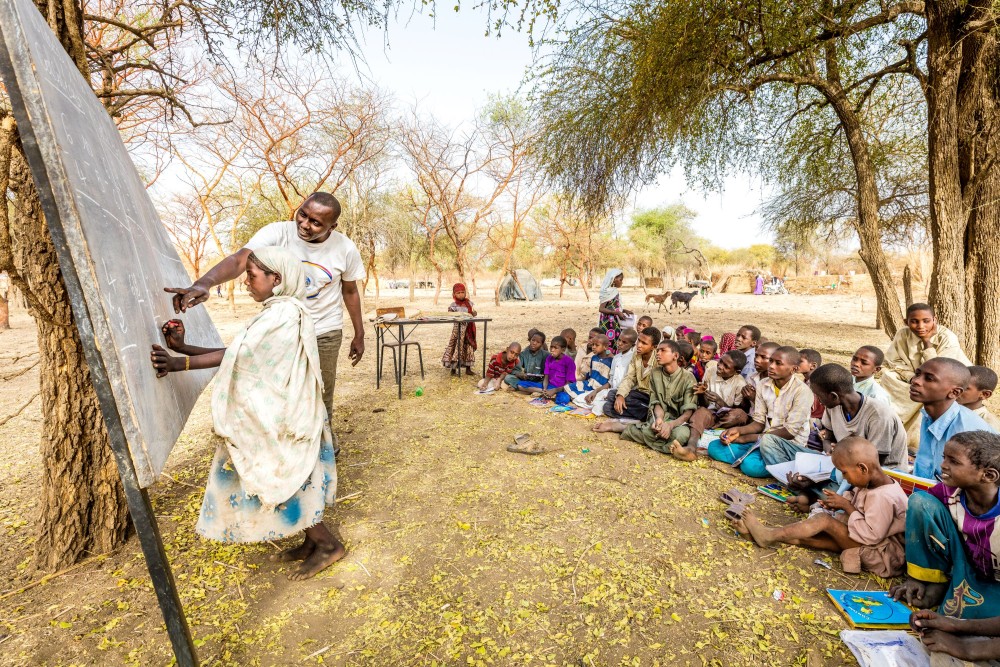The local population surrounding Zakouma National Park is low in density, and development surrounding the park is minimal. People are heavily dependent on the natural resources located on the park’s periphery for their livelihoods and food subsistence. Therefore, we work with communities living in the villages surrounding Zakouma, as well as with the thousands of nomads that seasonally move into the region each year, to ensure that the park’s natural resources are protected and local livelihoods improved. Several development programmes have been implemented – from building schools to facilitating new commercial enterprises to improve the quality of life for individuals residing in the Zakouma ecosystem.
Community Engagement
Positive dynamics between the park and local communities are largely due to increased conservation law enforcement efforts. The park is located near Chad’s border with Sudan, and communities based in these areas have suffered from the presence of criminal groups.
Strategic and widespread communication channels benefit animals and people alike. Through them, local people are able to tip off park authorities if they encounter suspicious activity or potential threats as a result of human-wildlife conflict. These channels enable management to react quickly before there is any loss of life while helping local communities take an active role in conserving ‘their’ elephants. In doing so, they contribute to one of Africa’s greatest conservation success stories. In a bid to reduce illegal wood harvesting, cooking on fuel-efficient stoves is supported, and households from nomad communities have received metal cooking stoves.
Eco-guard teams have been established to encourage nomadic herder groups to use the transhumance corridors around Siniaka Minia to move and graze their cattle.
Education and Environmental Awareness

Two Teachers’ Associations have been created in Zakouma and Siniaka Minia. Over 30 teachers and 25 schools are supported with the provision of education (both general and environmental) and school supplies, while three new schools have been constructed. As part of the environmental awareness programme, over 5,700 children visited Camp Dari which has been set up to receive school groups and encourage environmental awareness.
Sustainable Enterprise Development
Zakouma has become the largest employer in the region, and the park provides additional opportunities for local income generation by facilitating the local procurement of park and tourism camp supplies and developing commercial community projects, such as honey harvesting and production. In a pilot project, 29 farmers’ organisations have been supported by the park to farm and produce vegetables, fruit, chickens, chebe, shea butter, desert date oil and honey..
